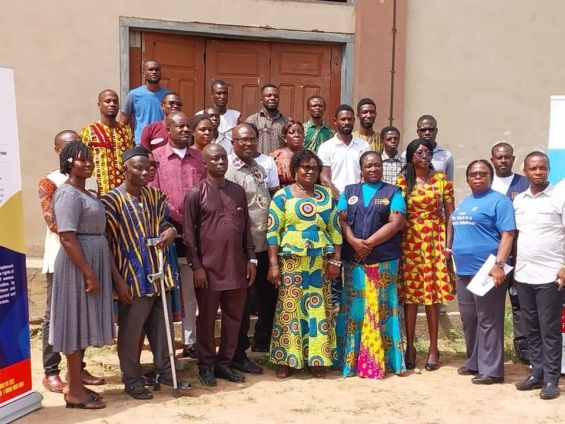The Volta Regional Department of Gender has organised a clinic aimed at empowering adolescents with disabilities in the region.
The Regional Director, Eyra Thywil Kpe, described the event as a disability-centered participatory program conducted on campus.
She expressed gratitude to the providers for delivering a range of essential services.
The clinic focused on key areas such as gender-based violence (GBV), assertiveness, sexual reproductive health rights (SRHR), and career guidance.
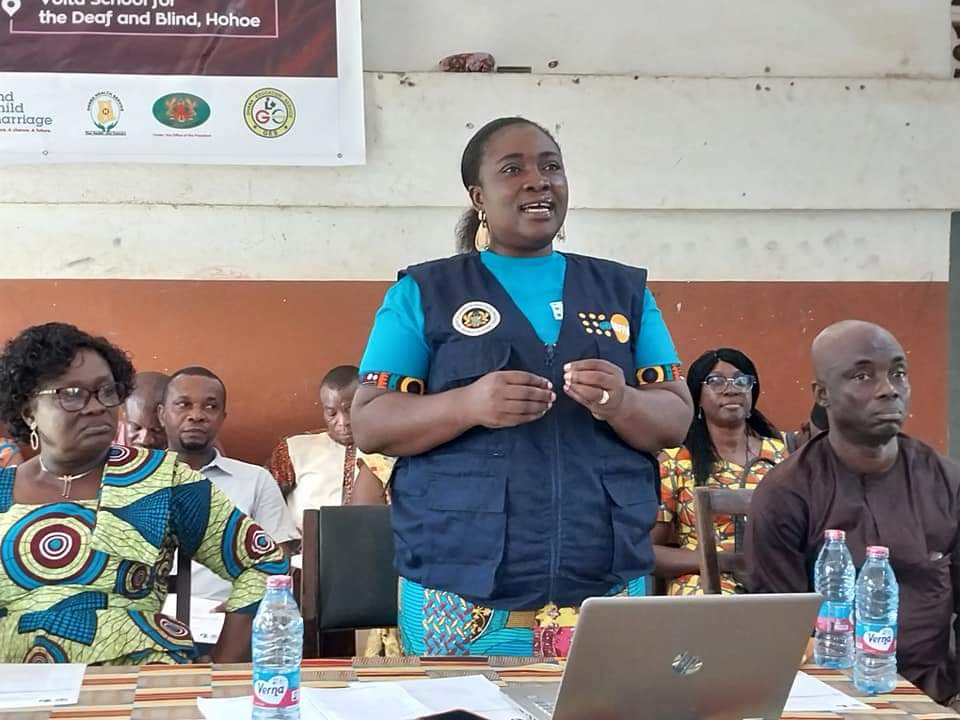
Participants primarily included students from the school for the deaf and blind, along with a few from Afadzato South, South Dayi, and North Dayi.
Mrs. Kpe emphasized the department's commitment to collaborating with relevant partners to provide essential services for adolescents with disabilities (AWD). This collaboration will employ various approaches, including participatory engagement.
The sensitization and interactive sessions sought to facilitate open discussions and develop self-advocacy skills among participants on issues like SGBV, ASRH, and educational guidance.
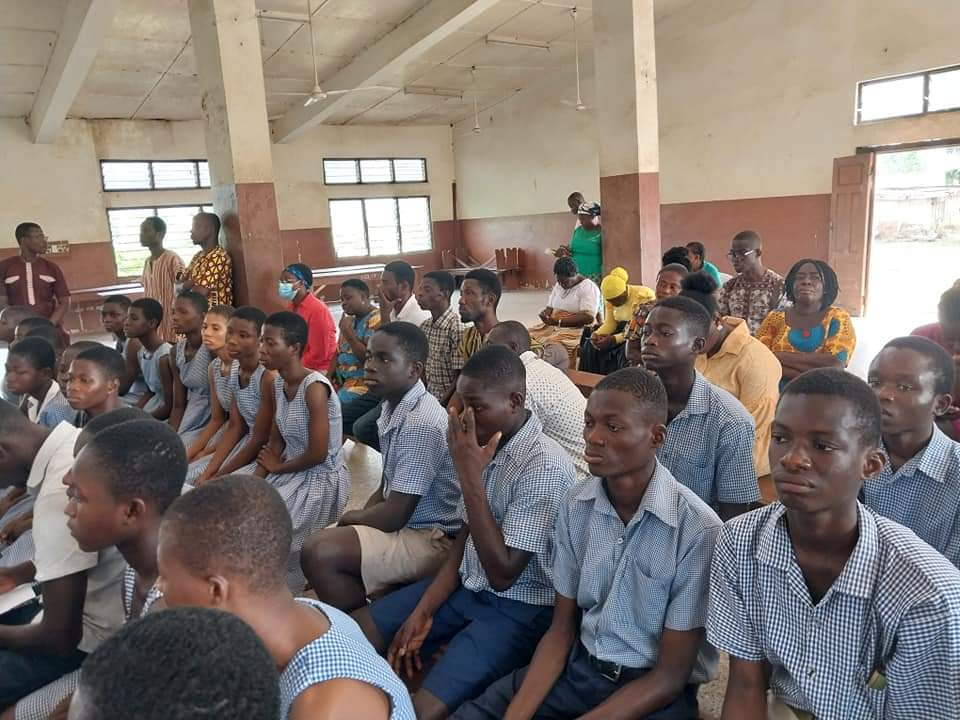
Mrs. Kpe highlighted the prevailing challenges faced by adolescents with disabilities, citing stigma and negative attitudes from families and communities as major obstacles.
Addressing the impact of cultural beliefs associating disability with curses, she noted the distressing accounts that often lead to harsh treatment.
Mrs. Kpe underscored the need to eliminate these barriers to enable AWDs to reach their full potential.
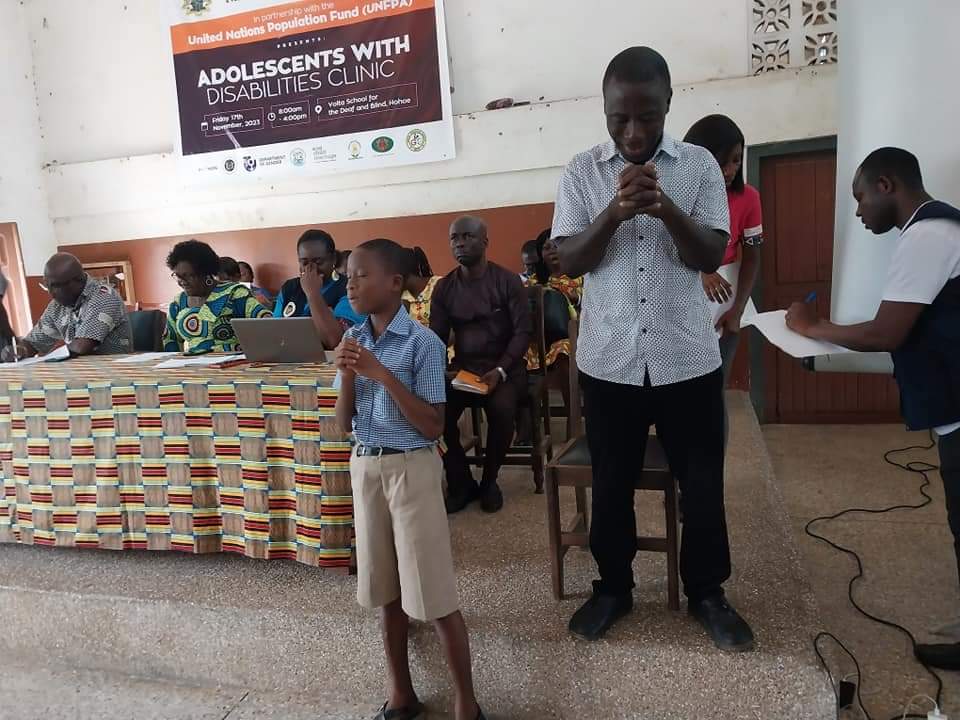
Discussing the broader societal implications, Mrs. Kpe stressed that the exclusion of women and adolescent girls, regardless of their abilities, has significant social and financial costs in Ghana.
She linked the achievement of sustainable development goals to the implementation of gender equality and social inclusion. Ghana's commitment to the Convention on the Rights of Persons with Disabilities was also highlighted.
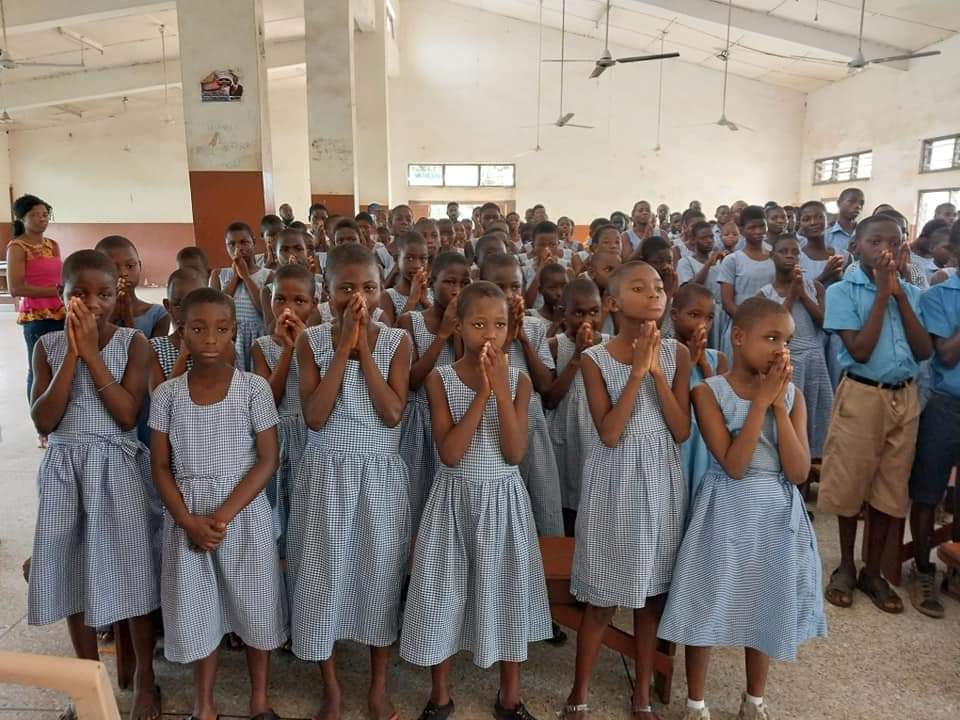
The program, set to engage over 200 in-school adolescents with disabilities, aims to raise awareness on ASRH and SGBV.
It seeks to empower AWDs with knowledge and skills to assert their rights, advocate against abuse, and seek support when needed.
Additionally, the initiative strives to create an inclusive and safe space for AWDs to share experiences and concerns with service providers, offering redress and psycho-social support.
In a gesture of support, the Department provided girls with disabilities with sanitary pads and equipped participants with helplines for accessing services and guidance.
Latest Stories
-
Center for Learning and Childhood Development Director Dr Kwame Sakyi honoured at Ghana Philanthropy Awards
5 hours -
Asantehene receives 28 looted artefacts
6 hours -
CAF WCL 2024: Ghana’s Thelma Baffour wins title with TP Mazembe
7 hours -
Benjamin Boakye slams politicisation of energy sector issues and ECG’s inefficiencies
7 hours -
Erastus Asare Donkor and Dr Neta Parsram win big at 10th Mining Industry Awards
7 hours -
Government is “suppressing information” about power sector challenges – IES Director
7 hours -
Majority of our debts caused by forex shortfall – ECG Boss
8 hours -
Pan-African Savings and Loans supports Ghana Blind Union with boreholes
8 hours -
Bole-Bamboi MP Yussif Sulemana donates to artisans and Bole SHS
9 hours -
Top up your credit to avoid potential disruption – ECG to Nuri meter customers
9 hours -
Dutch & Co wins 2024 Entrepreneur of the Year Award
9 hours -
We’ll cut down imports and boost consumption of local rice and other products – Mahama
11 hours -
Prof Opoku-Agyemang donates to Tamale orphanage to mark her birthday
12 hours -
Don’t call re-painted old schools brand new infrastructure – Prof Opoku-Agyemang tells gov’t
13 hours -
Sunon Asogli plant will be back on stream in a few weeks – ECG
13 hours

